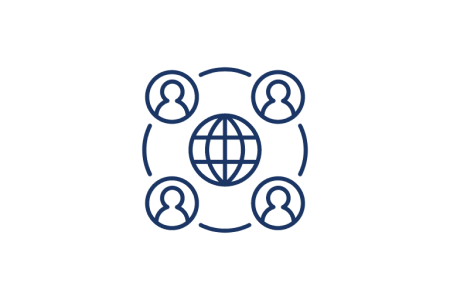
Everyone should have universal and open access to the internet’s content, free from discriminatory prioritisation, filtering or traffic control on commercial, political or other grounds.
What does this look like in a democracy?
All citizens have equal access to publicly available content on the internet. The sites and services citizens are able to access are not discriminated against based on their political content. Shutting down or throttling access to the internet is not permitted on any grounds, including public order or national security grounds.
warning signs of an undemocratic internet:
- Speeding up of specific content in exchange for commercial considerations.
- An internet blackout that cuts off access in a given country, region, city, or neighborhood.
- The throttling of internet service during elections or other political event (e.g. protests) so that images or videos cannot be circulated by citizens.
- A citizen in one country is unable to access websites that are widely available in other countries due to local government censorship and regulation.
selected sources from international frameworks:
- Report of the Special Rapporteur on the promotion and protection of the right to freedom of opinion and expression, paragraph 79: “The Special Rapporteur calls upon all States to ensure that internet access is maintained at all times, including during times of political unrest."